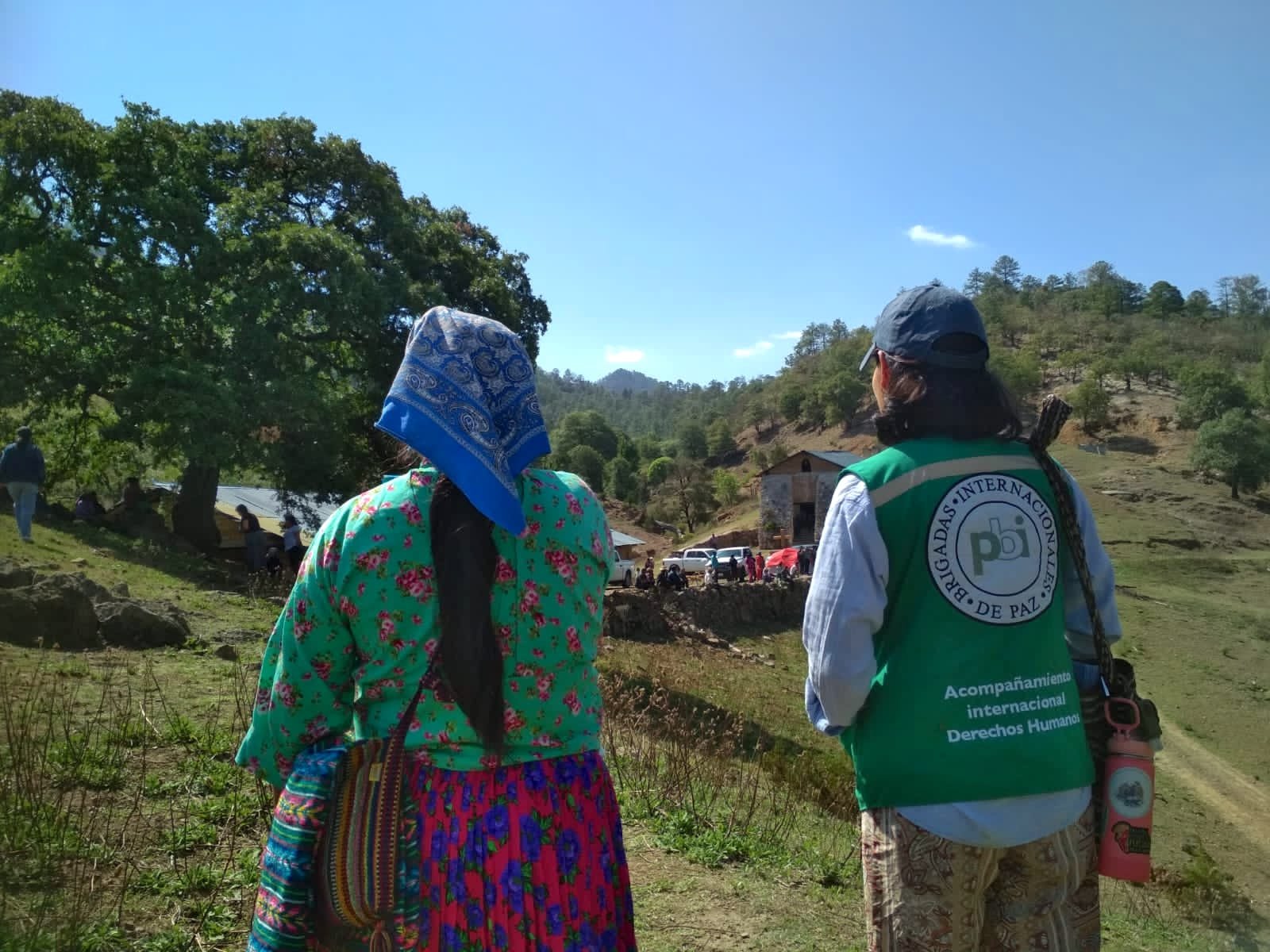Environmental defenders on COP27 and their struggles on the frontline
As the talks come to a close, we reflect on the messages of front line environmental defenders
Whose voices were heard at COP, and whose were ignored? Some promising developments emerged from this year’s talks - loss and damage making the agenda for the first time means the pressure is on richer nations to pay reparations for a crisis that has largely been created by them.
But discussions went nowhere near far enough, and the refusal of governments to address the elephant in the room was disappointing, if not unsurprising, at a time when environmental justice hangs in the balance. The voices of Indigenous peoples, land and environmental rights defenders, and communities across the Global South were once again underrepresented.
Whilst delegates at COP27 bickered over loss and damage reparations, civil society stood in solidarity with human rights defenders whose struggles continue to go largely ignored by world leaders. The most prominent protest at COP heard a rollcall of names of thousands of human rights defenders who have been killed or jailed for defending the environment.
Whilst over 600 fossil fuel lobbyists were given a platform for greenwashing at COP, we gave land and environmental defenders a platform to have their voices heard.
On November 15th, Peace Brigades International brought together environmental human rights defenders from Colombia, Guatemala, Honduras, Mexico, Nicaragua and Kenya, along with United Nations Special Rapporteur Pedro Arrojo-Agudo, to share insights on frontline struggles and the COP27 summit. Here's what they had to say.
To watch the video of the webinar (with original audio), click here.
Honduras is one of the deadliest places in the world to be an activist, with hundreds of defenders attacked every year. In spite of this danger, the setbacks, the threats, and even the criminalisation of peaceful activity, human rights defenders in Honduras tirelessly continue to speak out.
Christopher Castillo, Honduras
“We must never forget that the water, the earth and all the elements that constitute us are not exclusively of humanity. We must always be clear that we are on a planet and that planet we need to rescue. And we’re going to rescue it from a capitalist model of dispossession.”
Violations of human rights in Colombia are rife and come from all sides. This includes massacres, murders, forced disappearances, kidnappings, torture and extortion. Infractions of international humanitarian law are common, and some have been classified as crimes against humanity.
Yuli Velasquez, Colombia
“I am the daughter of a murdered fisherman, born and raised on the banks of the Magdalena River, the main artery of Colombia. My fight is to protect water sources: this has caused me three attacks.”
“We defend our territory, we make contamination from industry visible, and we confront armed groups that have links with companies. To silence ourselves, we have been victims of systematic attacks.”
“Those of us who are from territories defending the environment are not visible at COP27. Colombia is one of the countries where more environmentalists are killed. When we raise our voice, they kill us, threaten us or take us out of the territory.”
The grim irony that this year’s COP was hosted by a country with such an unsavoury track record on human rights was lost on few. The eyes of the world were on leaders who had ample opportunity to speak up against the persecution of activists and human rights defenders. Significant progress towards climate and environmental justice cannot be made while governments refuse to protect the rights of environmental activists and land defenders.
One delegate said "if you want to address malaria, you don't invite the mosquitoes”. To extend the analogy, human rights defenders are often the nets - protecting their communities and the environment from the greater harms. These are the voices that need to be heard, because there is no climate justice without human rights. And there are no human rights without those who defend them.
Even as world leaders are complicit in the persecution of human rights defenders, PBI will continue to accompany environmental and land defenders and amplify their voices. We will also continue to push for legislation to hold back the worst corporate environmental rights abuses, including through a Business, Human Rights and Environment Act.


